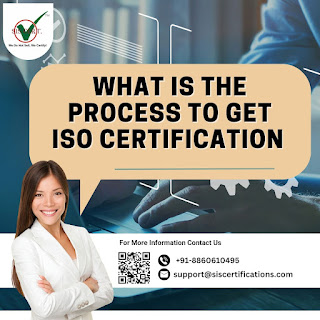What are the different types of energy audit
There are several different types of energy audits, each with its own level of detail and scope. Here are some of the most common types: Walk-through audit : This is the simplest and most basic type of energy audit . It involves a visual inspection of a building or facility to identify obvious energy-saving opportunities, such as lighting upgrades, weather stripping, or HVAC system improvements. A walk-through audit typically doesn't require any specialized equipment or measurements. Preliminary audit : A preliminary audit is a more detailed assessment that includes some measurements and data analysis. It involves a more thorough inspection of a facility and identifies potential energy-saving opportunities that require further investigation. Detailed audit : A detailed audit is a comprehensive assessment that involves a thorough analysis of energy use in a facility. It includes detailed measurements, data analysis, and computer modeling to identify the most cost-effective ene...
